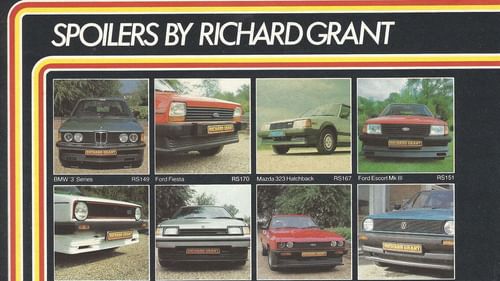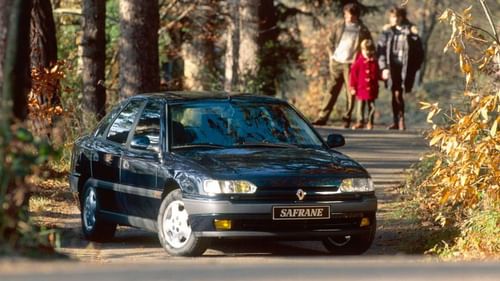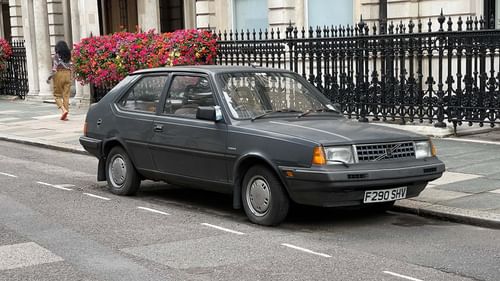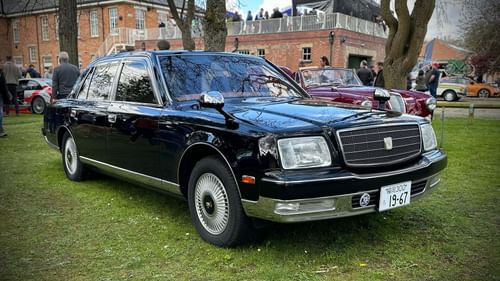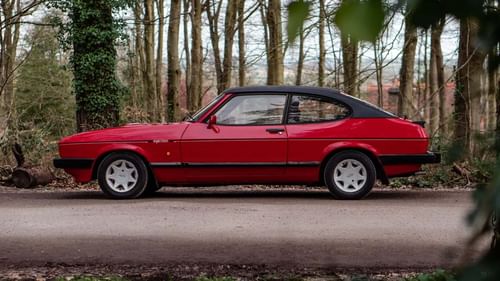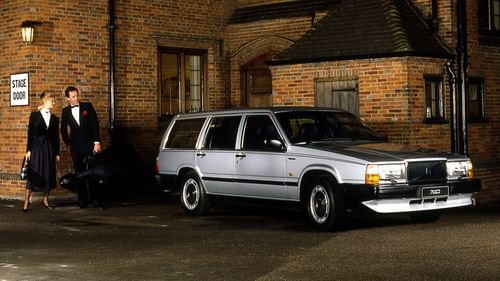Antony Ingram: the car lover who detests buying cars
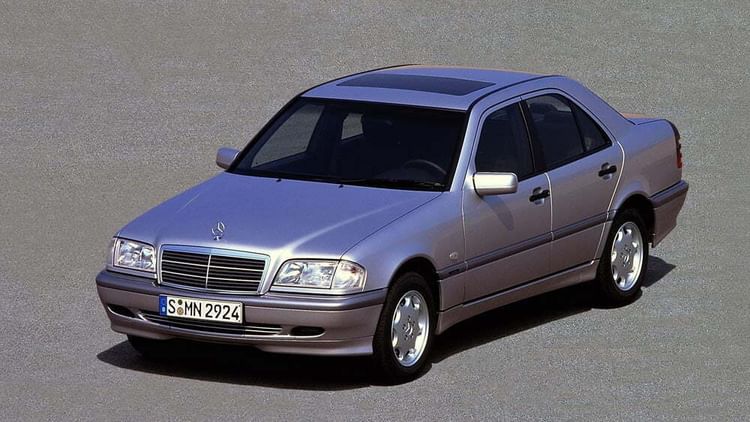
I expect I may be in a minority here, but I absolutely detest buying cars.
Don't get me wrong, I can't get enough of the process of going through auction websites and the classifieds and looking for vehicles I'd like to own, but when it comes down to the nitty gritty of actually choosing something, going to view it and handing over the money, there are few things I enjoy less.
Ideally, I'd buy all my cars privately. You tend to get a better deal and in my limited experience of buying and selling cars privately so far, it's generally pleasant - the people who bought my Panda, Rover and Beetle were lovely, as were the people I bought my MX-5 and Beetle off. Actually arranging these things is a bit of a pain in the arse though, since individual people have individual schedules and often, they're located hundreds of miles away.
In theory, dealers should be a better bet. But dealers are - in my experience - rather less than honest about the true condition a car is in. If you're lucky and discover that the car you're looking at isn't rustier than a fishing trawler despite its flawless-looking ad pictures, you then have to contend with the dealer sharks themselves. This means gritting your teeth while they spout whole sentences of utter drivel and escaping their clutches when you've discovered the car's less appealing attributes.
All that, however, hinges on actually picking a car in the first place. And this is where the curse of knowledge enters. We, as buyers, are better-informed than ever on the cars we choose. Thousands of websites and hundreds of thousands of owner reports tell us everything we'd like to know.
They also tell us everything we wouldn't like to know. Which is where the real problem starts.
For a time last year, I was entertaining the idea of buying a W202 Mercedes-Benz C-Class - the nice, Germanic, chunky first-generation ones before Mercedes went through its gloopy styling period.

You can't go too far wrong, I thought - built at a time when Mercedes still screwed its cars together well, a wide choice of relaxing automatic gearboxes, some solid engines... ah. Oh. So they're terrible for rust, are they? And they chew through ECUs that cost more than most of the cars are worth? I'll give that a miss then. Maybe an E36 3 Series, its contemporary rival? Well, only if you don't mind bore-wear in the six-cylinder models and a litany of suspension issues.
The Japanese make reliable cars, right? I've always quite liked Honda Preludes. Oh for god's sake, don't tell me both the manual and the automatic gearboxes have problems. Apparently the electronic four-wheel steer on the desirable 2.2 VTi models has a habit of forgetting what job it's supposed to do, too.
By now, I'm getting frustrated. Surely there can't be anything wrong with, I dunno, a Skoda Octavia can there? I always remember them being rated highly when new, topping reliability surveys and whatnot. But a few years down the line, that sensible reliable choice has issues with just about every engine that can cause expensive failures.

Most annoying is that I have no idea how many vehicles are affected by any of these afflictions, but the megaphone effect of car-buying sites and internet forums makes expensive problems look inevitable. Simply by doing the right thing and researching purchases beforehand, I've put myself off three quarters of all cars ever made. Which is annoying, since it discounts a lot of rather nice vehicles.
This is made worse by my past experience with research. Before buying my Rover 75, I scoured the internet for months to read up on their problems. I still bought a dud.
Yet before buying the Beetle, all of 37 years old at the time, I knew virtually nothing of the cars. And I managed to buy one with few real rust issues, with a good drivetrain, which happily propelled me from Essex to North Yorkshire on one of the hottest days of the year with nary a splutter.
I am essentially an automotive hypochondriac.
What I don't know clearly isn't hurting me - the Fiesta, the Panda, the MX-5 and the Beetle I all bought with little prior knowledge of the vehicles. But do my homework, as I did with the Rover, and it's somehow worse. Like looking for symptoms of your tickly cough on the internet and deducing that you have tuberculosis, I research perfectly solid cars and assume that every single one will have an expensive engine failure, or all its wheels will fall off.

It's why I find myself, slowly and inevitably, gravitating towards cars I've already owned.
I know the MX-5's foibles inside out. I've literally written the book on it. I know where they rust, I know which years have the specification I want, and I know what things fail and what things I can ignore and not worry about. Of course, that throws up a whole different issue and makes me incredibly picky when choosing a car, but that's another story altogether.
Beetles too. One of the most enduring vehicles ever made means an abundance of cheap, easy-to-replace parts. The cars themselves are plentiful too, and most owners tend to look after them these days. Decades-old they may be, but they inspire more confidence than cars half their age and less.
But otherwise, buying anything that isn't a nearly-new car with a healthy warranty and no known issues just feels demoralising.
So until someone builds a car that never goes wrong, or the internet ceases to exist and I can no longer find out about such things, I'll continue to detest the car-buying process...
